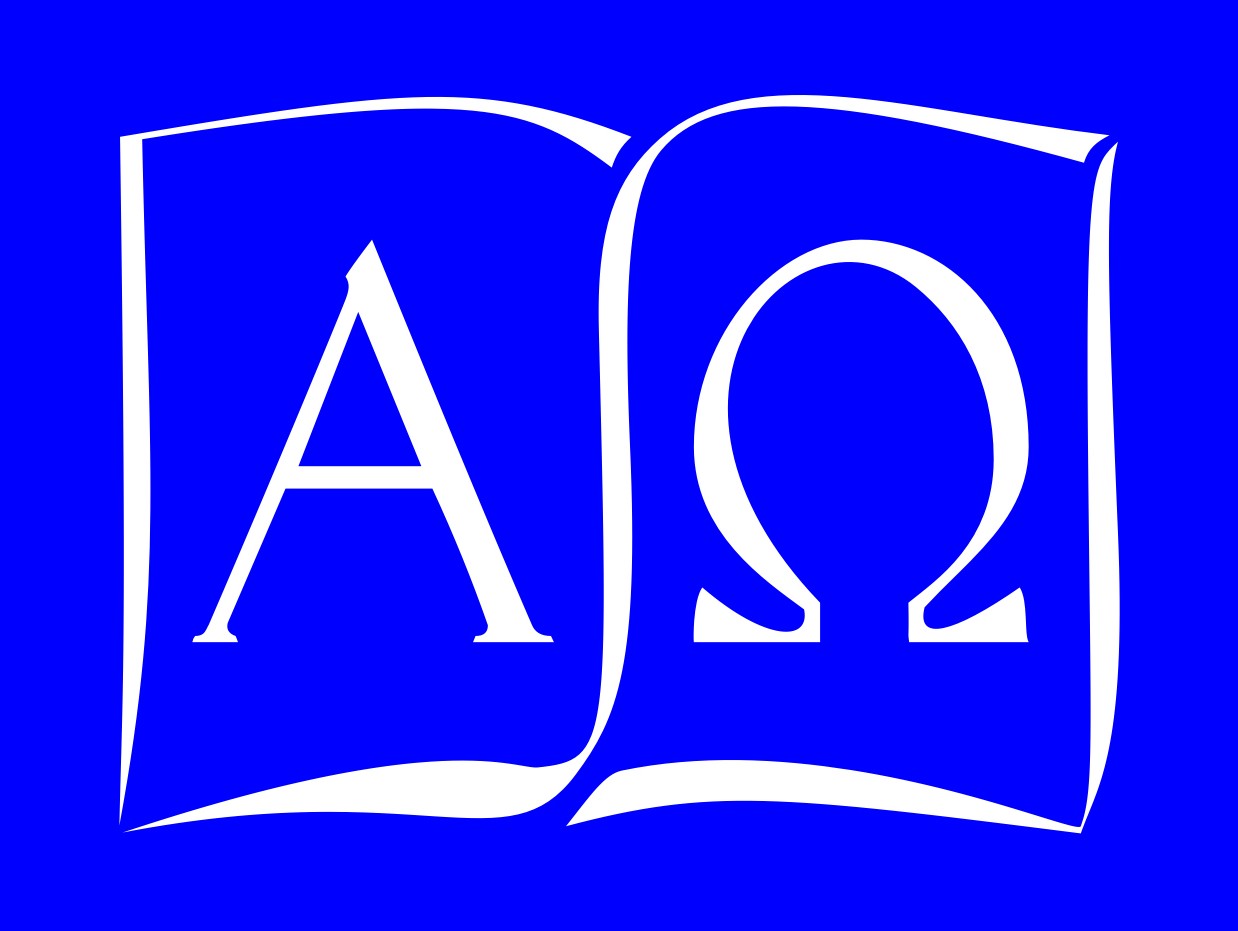Rewards of Teaching — Essay for the SDB Fellowship
Sarah D. Barker Fellowship Essay
In 2005, Dr. Bruce McMenomy was awarded the prestigious Sarah D. Barker Fellowship through the Johns Hopkins Center for Talented Youth. This is his essay on the rewards of teaching.
As a teacher primarily of language and language arts (English, Latin, and Greek) with a strong historical bent, I have come to see my my chief goal as helping students learn to read: not in the narrow sense of sounding out words at an elementary level, but in giving them tools to help them grasp and respond to the author's meaning and intention. The whole history of literature is, it has been argued, a great conversation, and I think the analogy is a happy one: my greatest satisfaction as a teacher is in helping students enter into that conversation as real participants.
The New Critics of the 1950s and 1960s told us that we can never finally establish authorial intention in literature, and that we should therefore abandon the search as fruitless and perhaps intrinsically meaningless. Their insight is profound in its origins but banal and disheartening in its conclusions: the false dichotomy admits no degrees. The fact that we can be deceived does not excuse us from looking in the first place, and if we cannot at least approach intention, and human understanding on human terms, communication has no purpose. We grasp another human being's intention imperfectly, of course (in such a world as ours, how could it be otherwise?) but that does not invalidate the search. We must remain committed to it fundamentally, since it is the foundation for all human interaction, all community, and almost everything that makes us grow. We owe to an author, as much as to anyone else we might meet, the courtesy of listening sincerely and openly, whether in conversation over dinner, or reading a book written two thousand years ago. I also believe that honest listening is the only thing that will chip away at the pernicious polarities that have recently infected most of our political and social discourse.
For me, therefore, teaching is satisfying because it enables me to make contact between people, past and present, as I find a delight in introducing my old friends to my new, and in bringing students into the greater stream of human discourse, running from Homer and Aeschylus to Melville and Frayn, and letting them join the conversation themselves. The fact that I agree with some of these more than with others, or that I like some better, is largely beside the point.
I teach primarily over the Internet, and I am probably in a unique position, since I have never met the majority of my students (including the one who nominated me for this honor) face to face. This obvious limitation may still offer a compensatory advantage: the purely textual medium of our communication (e-mail and a secure chat room) is in its way a great leveler. Each student, like each author we encounter, is chiefly present through his or her words, on a par one with the other. That may encourage students to take up their part in the conversation: the voice one projects into this curious void is what one becomes.
— Bruce McMenomy
 Scholars Online is fully accredited through the Middle States Accreditation Commissions on Elementary and Secondary Schools.
Scholars Online is fully accredited through the Middle States Accreditation Commissions on Elementary and Secondary Schools.
Hosted on Interserver


